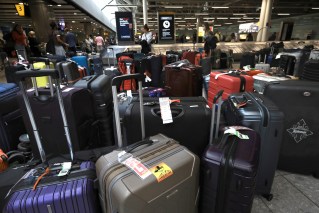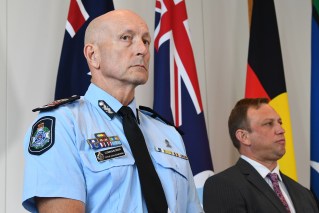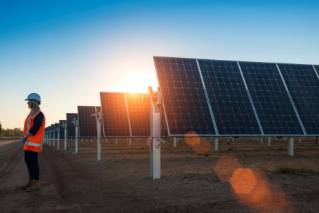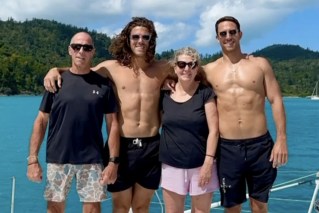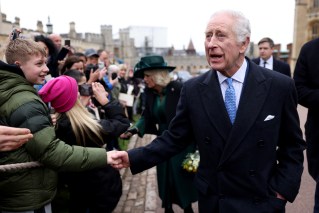Could pandemic leave us as a healthier bunch?
With little else to do and undeniably glorious weather in some parts of the country, Australians are heading outdoors in notably large numbers. But will our healthy new habits stick once COVID-19 is gone?
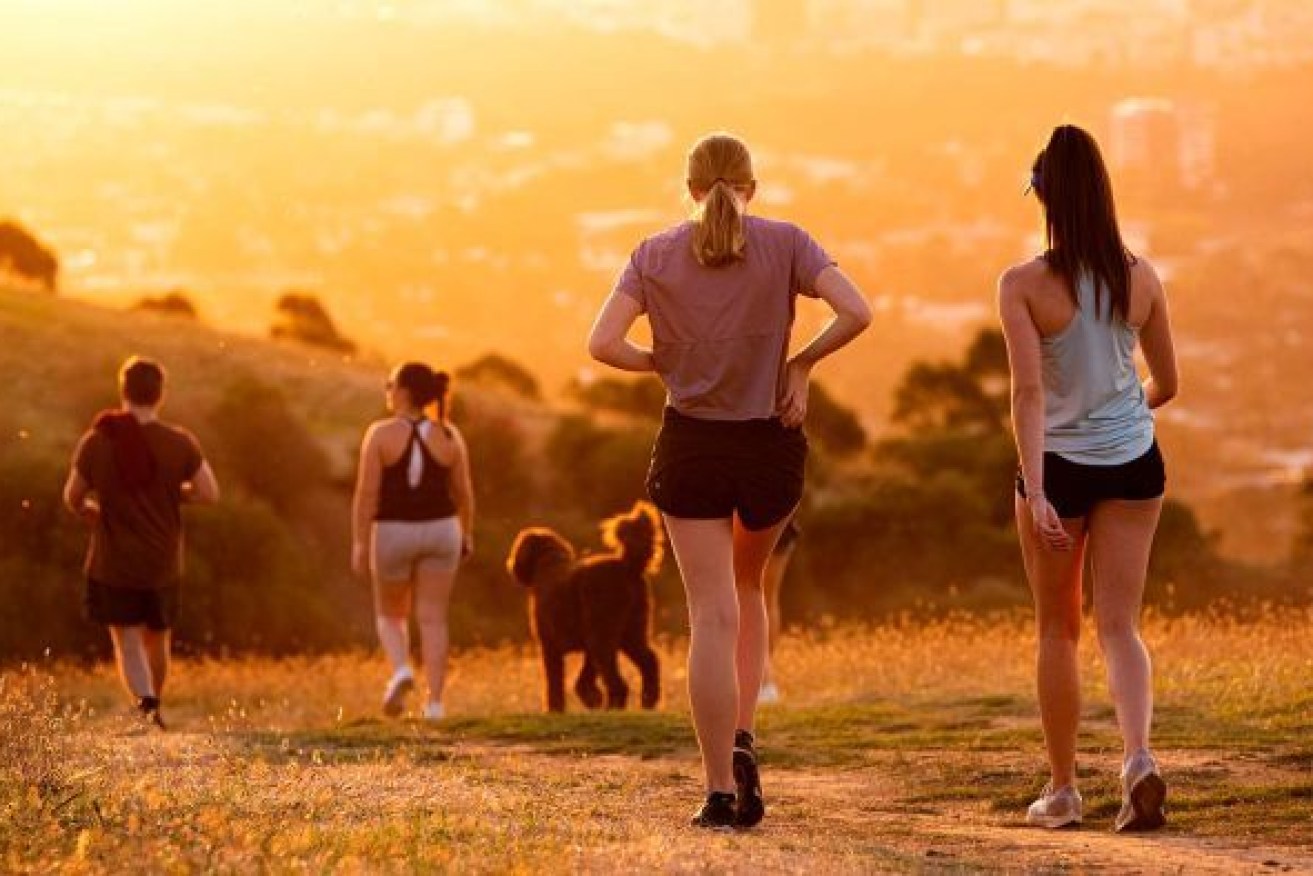
Federal Government guidelines allow people to exercise in pairs or in household groups. Photo: ABC
More and more Australians appear to be exercising outdoors, experts say, as the coronavirus lockdown leaves those wanting to get active with few other options.
City parks, reserves and beaches have been full of joggers, cyclists and walkers of late, and the proliferation has not escaped the attention of University of Adelaide professor Jon Buckley.
Buckley, a health and fitness expert, said it looked as if people were “engaging in physical activity more”, though he stressed his opinion was based only on anecdotal evidence as studies are incomplete.
“Rather than being at work, many people are now stuck at home and might be using exercise as an opportunity to get out of the house,” he said.
“This might be particularly the case given increases in housing density, with more people living in smaller houses or units without as much backyard space.”
Buckley, usually a gym-goer, said he too was exercising outdoors, and added that many people would be experiencing higher levels of stress than usual, which exercise could help to ease.

Bicycle sales have spiked across Australia due to the pandemic (Supplied: 99 Bikes)
One partiuclar form of exercise that has roared back in the fold is cycling, with companies across Australia experiencing record sales.
Queensland digital leader for 99 Bikes, Owen McLeod, said demand for bicycles, equipment and servicing had increased significantly in a very short period of time.
“Our recent spike in demand comes from two main areas; essential workers who feel unsafe commuting using public transport or car-sharing services, and people who are staying home and want to exercise in a safe manner.”
“In the last seven days we have put over 5000 new bikes onto the road.”
“Bike maintenance has also increased dramatically as customers are dusting-off their old bikes in the garage and deciding to cycle again.”
Short-term revenue results have spiked – results for the company are up 75 per cent compared to the same period last year; but 99 Bikes still faces formidable challenges in their supply chains – as the majority of their production occurs in China.
For McLeod and his team, their biggest challenge during the pandemic has been recruiting new staff to cope with the increased demand and pressures shops are facing.
But in terms of expectations when life returns to normal – he is remaining optimistic.
“I expect that our customer base will remain inflated even after the initial spike fades and life returns to normal.
“Many people are considering cycling for the first time in a long time, for their exercise or transport.
“Our purpose is to enrich customers’ lives through riding, from that aspect we hope there is a lasting benefit to society as more people favour cycling.”
Online gyms expected to peak in winter
Steve Grace, who manages Fitness Australia branches in South Australia, Western Australia and the Northern Territory, said he had never seen so many people getting active outdoors.
Grace, who resides at Henley Beach, in Adelaide’s west, suspects people who usual visit gyms are looking for ways to stay healthy, but thinks the good weather is playing its part as well.
“If this [pandemic response] continues into winter, when we have 13 degrees Celsius and rain outside, we’ll see a bit of a change,” Grace said.
“But while the sun’s out, people are getting out there and it’s fantastic to see.”
Fitness Australia, the industry peak body, has been assisting gym owners looking to transition their businesses online, and expects to see a spike in interest during the winter months.
“More than 50 per cent of our business members have actually transitioned online, which has been really good,” Grace said.
“They’ve managed to maintain a really strong percentage of their members through that online platform.”
He said Fitness Australia was also supporting personal trainers, who are allowed to train one person at a time outdoors.
Trainers adapting to change
Amber Sarraya breg was a personal trainer at a local gym near the Mid South Coast in SA before the pandemic led the Federal Government to temporarily shut the country’s gyms.
She is now operating outdoors in the Adelaide suburb of Seaford, where she has seen more people walking, cycling and being active than usual.
“I feel like a lot more people are aware of how important exercising is,” she said.
“A lot of people have extra time on their hands and they’re probably thinking, ‘Well, I should probably get up and get moving otherwise my mental health is going to go down.’”
At the same time, however, Sarraya breg said her own client numbers had dropped.
“I’ve probably lost half my clients because they’ve lost their jobs,” she said.
“So they don’t have a lot of money.”
Will the new habits stick?
While more Australians than ever seem to be making the most of the outdoors to exercise, experts hope their newly acquired habits will stick on the other side of the pandemic.
“People will start to revert to their old lifestyles, and likely their old habits,” Buckley said.
“Also, as people return to their workplaces, they will not need to look for opportunities to get out of the house as much.
“However, some people might persist with the exercise routines that they adopted during the pandemic.
“They might realise what a nice experience it can be to get outside and exercise, and how good it makes them feel.”
Grace hoped the fitness industry might see an increase in customers once the COVID-19 threat starts to decline.
“When we can gradually start reintroducing structured physical activity through gyms and fitness centres, hopefully those people want to stay active and want to look at some different modes and methods of exercising,” he said.
“We’ll be welcoming them into our facilities as much as possible.”
– ABC / Malcolm Sutton. Additional reporting by Fraser Barton


